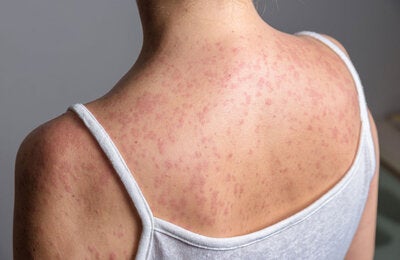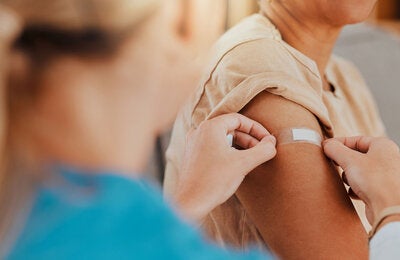The Region of the Americas should properly prepare itself to ensure early identification of possible cases of Ebola and to contain and prevent the continued transmission of the virus, said Carissa F. Etienne, Director of the Pan American Health Organization/World Health Organization (PAHO/WHO) yesterday in Cuba, during a special meeting convened by the Bolivarian Alliance for the Peoples of Our America——People's Trade Agreement (ALBA-TCP).
At a meeting with the ALBA countries, Dr. Etienne announced that the Organization will carry out missions to support national preparedness, surveillance, and management plans in light of the possible introduction of the virus in the Region, and will work to create an emergency fund to cooperate with countries that request support.
Havana, October 21, 2014 (PAHO/WHO) — The Region of the Americas should properly prepare itself to ensure early identification of possible cases of Ebola and to contain and prevent the continued transmission of the virus, said Carissa F. Etienne, Director of the Pan American Health Organization/World Health Organization (PAHO/WHO) yesterday in Cuba, during a special meeting convened by the Bolivarian Alliance for the Peoples of Our America——People's Trade Agreement (ALBA-TCP).
Etienne announced that PAHO/WHO will carry out missions in different countries of the Region to support the implementation of national, multisectoral plans for general preparedness, requiring isolation areas, epidemiological surveillance, and risk communication. She also emphasized that PAHO will work with international organizations to obtain resources to create an emergency fund that could be made available to countries that request support.
"There is a real risk that Ebola could be introduced into Latin America and the Caribbean. The Region has to be properly prepared," Etienne said. "We must ensure that this is done within the framework of the International Health Regulations," she added.
At the meeting, the ALBA countries agreed, among other measures, to coordinate efforts to prevent and face the Ebola epidemic, establish national mechanisms to diagnose and quickly isolate suspected cases (according to clinical manifestation, travel history, and possible exposure), create a group of professionals in different specialties to train health workers on biosafety, and promote research on Ebola. Support was also expressed for Cuba having sent physicians to West Africa to help respond to the epidemic.
Technical personnel from the ALBA countries will meet on October 29-30 in Cuba to establish prevention strategies. The Ministers of Health will also be working on an action plan, to be presented on November 5, based on the recommendations of technical staff.
Etienne said that PAHO/WHO is giving countries guidelines and protocols to manage possible cases and is helping provide training of the kind received by the Cuban physicians who traveled to West Africa. She also emphasized the need for Latin America and the Caribbean to ensure access to proper diagnostic laboratories. At present, there are laboratories in Atlanta (United States) and one in Canada that can receive samples at the recommended biosafety level (BSL-4). Bolivia has a BSL-3 facility for the diagnosis of inactive samples.
"We need to work with the Member States and other stakeholders to guarantee safe and adequate treatment centers," Etienne said, adding that the provision of personal protective equipment to health workers should be guaranteed. She proposed that the countries study the possibility of producing an adequate supply of this equipment within the Region.
The PAHO/WHO Director mentioned the need for appropriate, specific training for everyone involved in prevention and control, including immigration, ambulance, and customs services, as well as laboratories.
"There should be increased communication with the general public and also with specific audiences," Etienne said. "We have to ensure that high-level national policy makers have good guidance on the principles of risk communication," she added.
Regarding the possibility of closing borders or denying entry due to a specific risk or international public health emergency, the PAHO Director recalled that article 43 of the International Health Regulations establishes that member states have the obligation to inform WHO of any such decision within 48 hours and that the decision must be reviewed with the Organization within three months. "It is a matter of sovereignty and each country assesses its own risks; based on that, the decision will be made as to whether or not the country has the right to close its borders to people from affected countries," she said.
Etienne also said that efforts could be made in the Region to produce vaccines or drugs to fight the disease, since the capacity to do so exists "and this may be the time to begin."
During the meeting, WHO Director-General Margaret Chan sent a message calling on countries to train their personnel, carry out simulations, draft their protocols as soon as possible, set up systems, and obtain public support to prepare for a possible imported case of Ebola.
In addition to the authorities of the member countries, the ALBA meeting was attended by David Nabarro, special envoy of United Nations Secretary-General Ban Ki-moon, who urged the countries of the Region and around the world to follow ALBA's lead in rapidly responding to support the efforts to contain Ebola.



